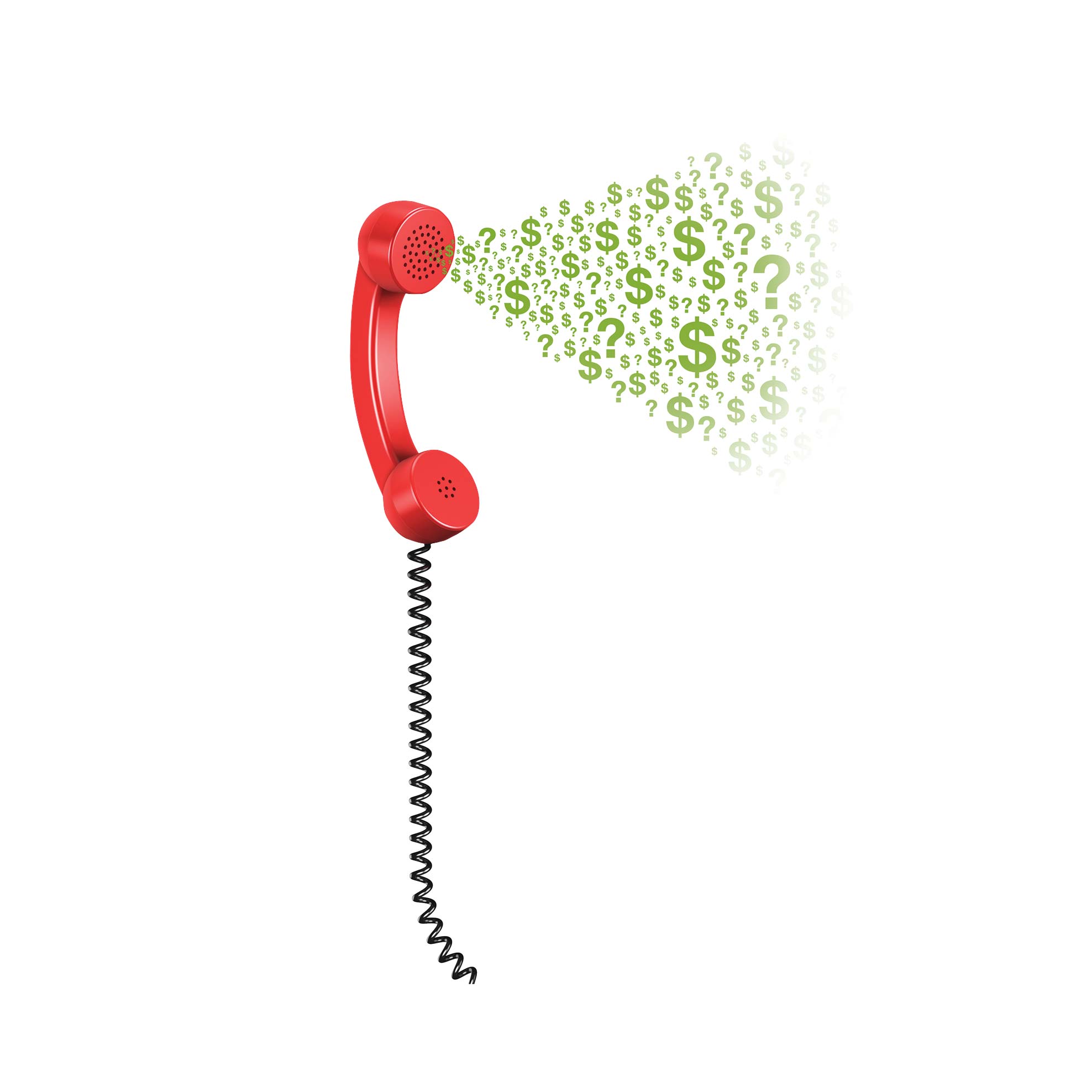
I don’t know if the Supreme Court’s decision to allow people to donate to as many candidates as they want will cause trouble for our democracy. But I do know it will cause a lot of trouble for rich people.
There are a lot of misconceptions about the extremely wealthy. Most have pools that are completely finite. Many are so secure in their first marriages that they include their spouse’s name on their museum wing. Also: They don’t call up candidates to offer them money. Candidates call them.
Now that the $48,600 limit on donations to federal candidates per election cycle has been wiped away by McCutcheon v. Federal Election Commission, everyone running for office will be bothering them. And now they have no excuse. The only reason Shaun McCutcheon was willing to incur the wrath of all the other rich people in the country is that he lives in Alabama and therefore will never meet any of them.
I asked Jeffrey Katzenberg, who gave more than $3 million to help elect Obama in 2012, if he was worried about getting hundreds of calls from Democrats running for Congress this year. “I just changed my email and phone numbers and am now wearing a hoodie,” he responded. “The Founding Fathers must be sick of watching our democracy disintegrating as elections are put up for sale to unlimited contributors.” And if our nation’s founders are not sick about this, there’s a good chance the court will soon allow Katzenberg to retroactively donate to their campaigns and convince them to feel that way.
Damon Lindelof, the co-creator of Lost, had already come up with a strategy to deal with the court’s decision: “I have had no choice but to change my party affiliation every time someone calls and asks for money. It’s tiring but worth it,” he explained. Though getting a call asking for money is actually a welcome relief for Lindelof, since it means someone wants to talk about something other than the last episode of Lost.
It turns out that, like Lindelof, most rich people don’t max out: in fact, only about 600 do. This might be the Supreme Court decision that affects the fewest people since U.S. v. People With Full-Time Jobs Who Know the Details of Malaysia Flight 370. When I contacted billionaire Mark Cuban, he wasn’t even aware of the details of McCutcheon. “But,” he said, “I can tell you what I tell all politicians asking me for money: No.” Which is the exact opposite of what he tells every journalist asking for a quote.
Those who did give the limit are already so entrenched in the donor system that a little more is not going to affect their lives. Phil Rosenthal, the creator of Everybody Loves Raymond, who came within an accounting error of maxing out to Democratic candidates in 2012, said, “My problems are minor compared to some members of the Supreme Court, who seem to be suffering from a mental deficiency.” Ken Kies, who runs a tax-lobbying firm and has–along with his wife–maxed out giving to Republicans, isn’t worried either. “It’s already so irritating. I get 50 emails a day, so I can’t imagine that’s going to increase,” he said. The really big donors, he explained, are already giving as much as they want through super PACs. The really really big donors just run for office themselves.
The biggest change, he said, is that people in D.C. will claim to give more. “There are a lot of people throwing cocktail parties, saying they have given the max, but they apparently don’t understand there are basic websites you can look at to check,” he said. It’s the equivalent of celebrities in L.A. bragging about how much plastic surgery they haven’t had.
Peter Buttenwieser, a philanthropist and Lehman Brothers heir who reached the limit for giving last year, also isn’t worried about getting more calls from candidates. “I basically know all these people, and they know me,” he said. “It’s not like a strange nonprofit calling in the evening.” Still, he hates the decision because raising money wastes so much of candidates’ time. “I’ve spent an entire life working with public schools in the inner city. I’d much prefer to be influential there than someone who is a major player in the Democratic Party. It’s not a great calling,” he said.
When America doesn’t provide great callings to the rich, we are all failing. Soon, there will be children who don’t even care about making as much money as they can, since they know so much of it will go to negative campaign ads they’ll have to watch before their 48-second YouTube videos about unusual cats. What the authors of the Constitution didn’t realize is that when we have too much freedom, we express it in really lame ways. I hope Katzenberg can talk them out of that.
More Must-Reads from TIME
- Why Biden Dropped Out
- Ukraine’s Plan to Survive Trump
- The Rise of a New Kind of Parenting Guru
- The Chaos and Commotion of the RNC in Photos
- Why We All Have a Stake in Twisters’ Success
- 8 Eating Habits That Actually Improve Your Sleep
- Welcome to the Noah Lyles Olympics
- Get Our Paris Olympics Newsletter in Your Inbox
Contact us at letters@time.com